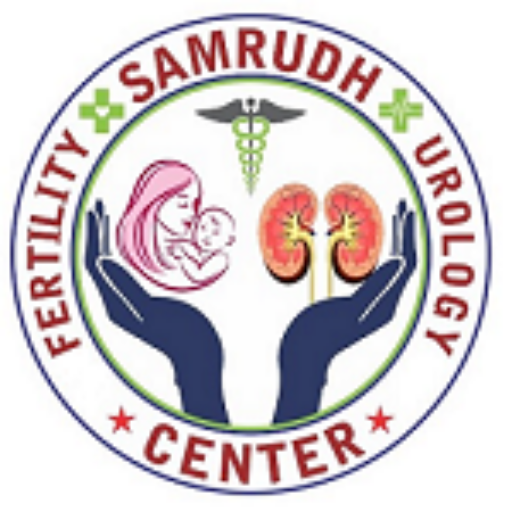For many women diagnosed with cancer, one of the concerns is how the treatment will impact their fertility. Both chemotherapy and radiation can significantly affect reproductive health, which makes fertility preservation an essential consideration. IVF (in vitro fertilization) offers a valuable solution for women who wish to preserve their ability to have children, either before starting cancer treatment or after it has been completed.
This blog will explore how IVF works for women with cancer and the options available for fertility preservation at Samrudh Fertility & Urology Center in Bangalore.
Why Fertility Preservation Matters
Cancer treatments, while life-saving, can cause damage to the ovaries and affect a woman’s ability to conceive naturally. The extent of the damage depends on the type of cancer, the treatment plan, and the age of the patient. Some treatments can lead to temporary or permanent infertility.
Fertility preservation techniques, such as IVF, provide an opportunity to safeguard a woman’s reproductive options for the future, giving her the chance to have biological children even after cancer treatment.
Fertility Preservation Options with IVF
Egg Freezing (Oocyte Cryopreservation)
Egg freezing is a popular option for women who want to preserve their fertility before undergoing cancer treatment. During the IVF process, eggs are harvested, frozen, and stored for future use. This allows women to postpone pregnancy until they have recovered from cancer.Embryo Freezing
For women who are in a relationship or using a sperm donor, embryos can be created through IVF and frozen for future implantation. Embryo freezing provides a reliable option for fertility preservation, as frozen embryos can be used after cancer treatment when the woman is ready to start her family.- Ovarian Tissue Freezing
For younger women who may not have time for egg or embryo freezing before starting cancer treatment, ovarian tissue freezing is an option. This experimental technique involves removing ovarian tissue, freezing it, and reimplanting it after treatment.
IVF After Cancer Treatment
For women who did not freeze their eggs or embryos before cancer treatment, IVF can still be an option after recovery. Depending on the treatment received and its effects on ovarian function, IVF may be combined with egg donation if the woman’s ovarian reserve has been significantly affected.
At Samrudh Fertility & Urology Center, our team, led by Dr. Indu Madhusudan, provides personalized fertility treatment plans for women post-cancer treatment, helping them navigate their options and improve their chances of a successful pregnancy.
Conclusion
If you’re a woman diagnosed with cancer and concerned about your fertility, consulting a fertility specialist early can provide you with more options. At Samrudh Fertility & Urology Center, we are committed to offering compassionate, personalized care to women in Bangalore and beyond, helping you preserve your fertility before and after cancer treatment.
FAQs
1. Can I undergo IVF if I’ve already started cancer treatment?
It’s best to discuss fertility preservation options before starting cancer treatment. However, in some cases, IVF may still be an option after certain cancer treatments.
2. How long can eggs or embryos be frozen?
Eggs and embryos can be frozen for many years. At Samrudh Fertility & Urology Center, we use advanced freezing techniques to ensure long-term preservation.
3. Is IVF safe after cancer treatment?
Yes, IVF can be safe for women who have completed cancer treatment. However, your oncologist and fertility specialist will work together to ensure that you’re medically fit for the process.
4. What are the success rates of IVF after cancer?
Success rates depend on various factors, such as the age of the woman and the type of cancer treatment received. Our team will provide individualized guidance based on your specific case.
5. Can I consider surrogacy after cancer treatment?
If carrying a pregnancy is not possible due to health reasons, surrogacy is an option that can help women have biological children using their frozen eggs or embryos.













